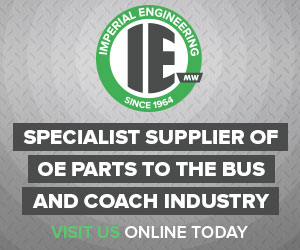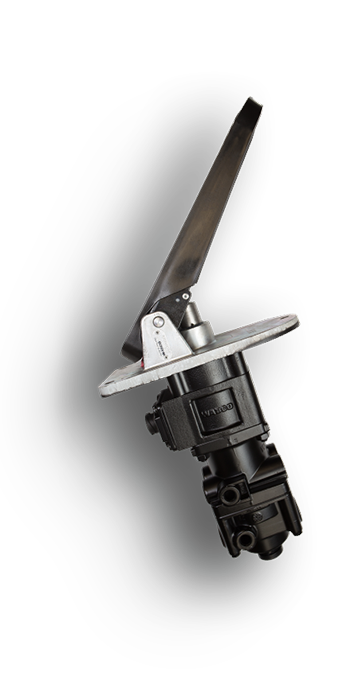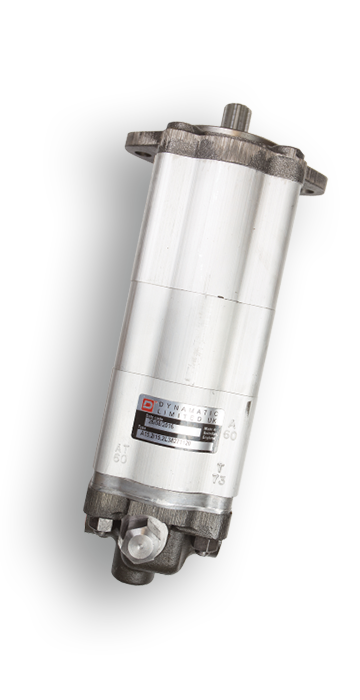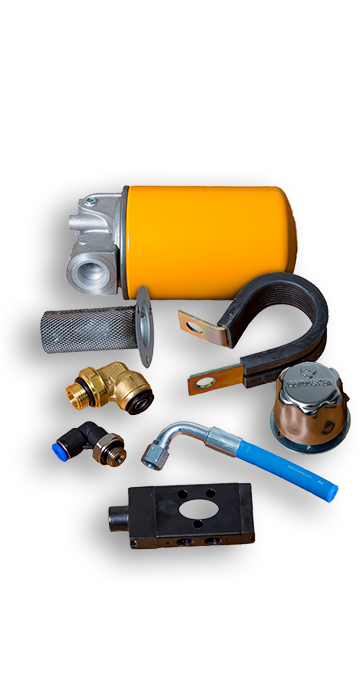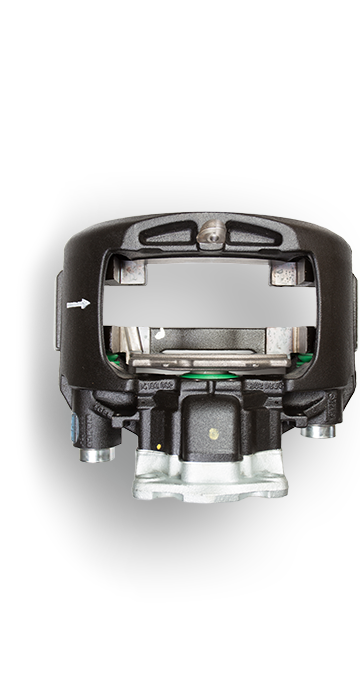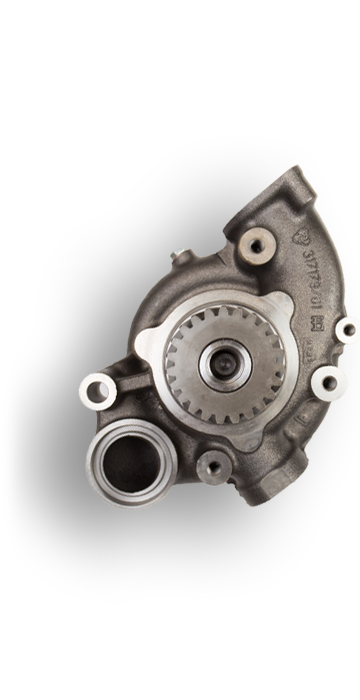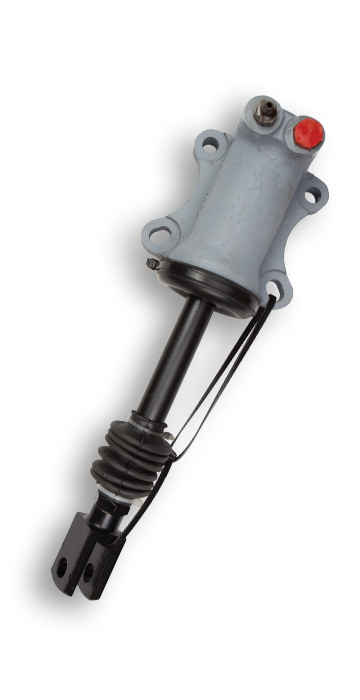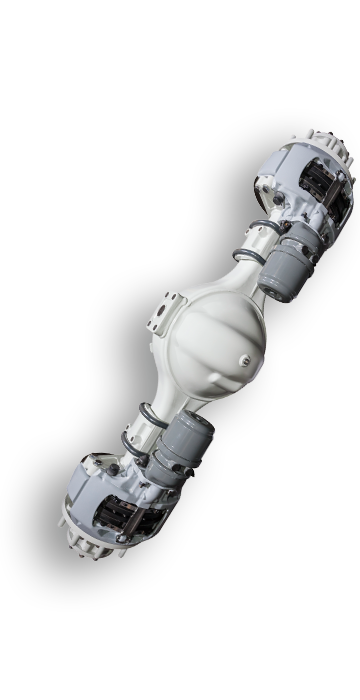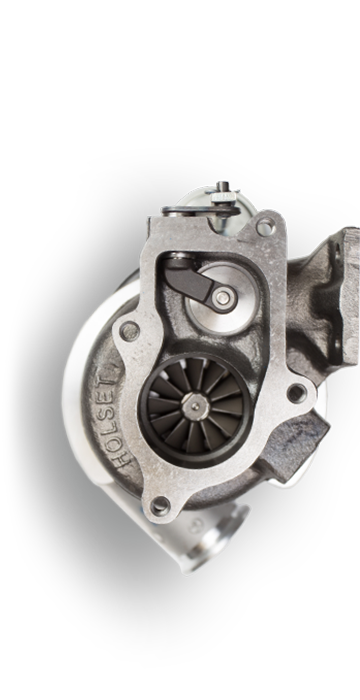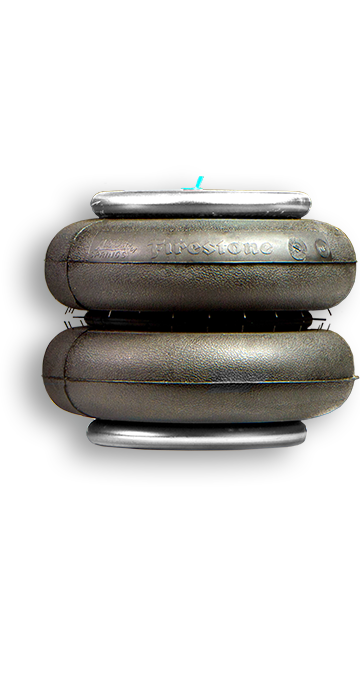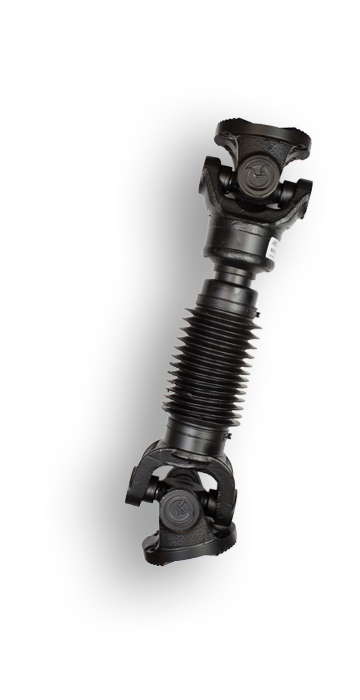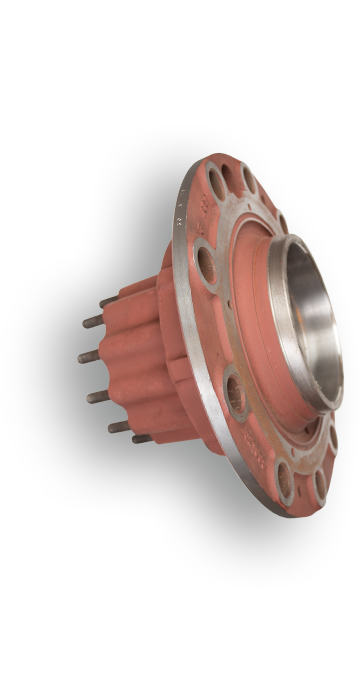COVID-19 has created a serious dichotomy for the public transport sector. The pandemic has caused many passengers to suspend bus usage and revert back to car journeys, just at a time when cutting-edge advances in engine technology to reduce carbon emissions of buses and coaches are gaining significant traction.
This is an issue that has not gone unnoticed in the PSV industry. Patrick Warner, Head of Innovation Strategy at Brighton and Hove Metrobus, which has just introduced a hydrogen fuel-cell electric bus into its fleet, commented:
“I’ve been articulating the senselessness of putting ZE (zero emission) buses into high volume car traffic for years. This is not delivering the benefits it could to the community, it’s not improving bus journeys and due to COVID-19 we’ve had to buy extra buses to deliver the same service, which is completely unsustainable.”
Zero emissions bus
The bus operator is believed to be the first to launch a hydrogen FCEV commercial application in the UK, which can match or even exceed the range profile of diesel equivalent vehicles. It is also the first to publicly set a ZE goal by 2030 for its fleet of almost 500 buses, in line with wider net zero carbon goals from stakeholders.
According to Warner, a ‘modal shift’ is required if hydrogen technology is to be grasped by local authorities: “Buses have a huge role to play in the future of transport and changing travel habits is vital. Active travel corridors, walking and cycle ways alongside fast bus corridors can deliver decarbonisation on a larger scale and give motorists an attractive alternative to driving.” In Brighton alone, nearly half of all commuters going into the city occupy just 3% of the vehicles, or buses.
In terms of fully-electric buses, UK start-up brand Arrival has a zero-emissions bus ready to go into production over the coming months, aimed at “making public transport viable in the coronavirus era”. Featuring a composite body, the bus has a number of features to ensure safe travel, including a zero-touch bell and removable, cantilever-style seats to facilitate social distancing.
For coaches, Chinese manufacturer Yutong recently became the first to achieve the Ultra-Low Emission Bus (ULEB) certification for a coach in the UK. Its battery-electric TCe12 model, which is distributed exclusively in the UK by Pelican Bus and Coach, delivers 281kWh of electrical power, which gives operators a range in excess of 200 miles with a full capacity charge possible in under two hours. By using modular-designed battery packs, units can be easily changed in the future if better technology becomes available mid-way through the vehicle’s service life.
The development of these ground-breaking technologies has, of course, taken many years to get to the stage of being ready for service, not to mention costing millions of pounds of investment. The coronavirus pandemic has thrown a curveball at the business model for operators, which are keen to play their part in reducing emissions and showcasing the benefits of emission-free travel but are currently struggling to fill seats.
Industry bodies such as the Confederation of Passenger Transport (CPT) continue to lobby the government in regard to the need for urgent financial support to protect the viability of bus and coach operators across the UK. Earlier this year, a £50m fund was made available so that local authorities could bid for grants to help pay for electric buses, in pursuit of an objective to ensure all buses are fully electric by 2025. A wider package of measures for buses was also announced, as part of the government’s cleaner air initiative. This included funding towards high-frequency “Superbus” networks outside of London, to restore bus services that have been cut. A 2019 study by the Campaign for Better Transport found that more than 3,000 local bus routes had been lost or reduced over the previous decade.
Gavin Takel, Technical Sales Manager of Imperial Engineering, which has been supplying the UK’s bus and coach sector with OE parts for well over fifty years, said:
“There’s been a huge level of commitment and investment by manufacturers and operators to improve environmentally friendly bus and coach travel, so it’s encouraging to see this ambition is still on course, despite the effects of the pandemic. Challenges remain, however, in terms of business sustainability, whilst social distancing measures are in force, so it’s of crucial importance that the industry stays united in calling for government assistance. As one of the UK’s leading suppliers of OE parts and components for buses and coaches, Imperial Engineering is supporting operators however we can. We continue to adapt and expand our product range, so we can respond efficiently to changes in the market with the uptake of more ULEB and zero emission models.”
